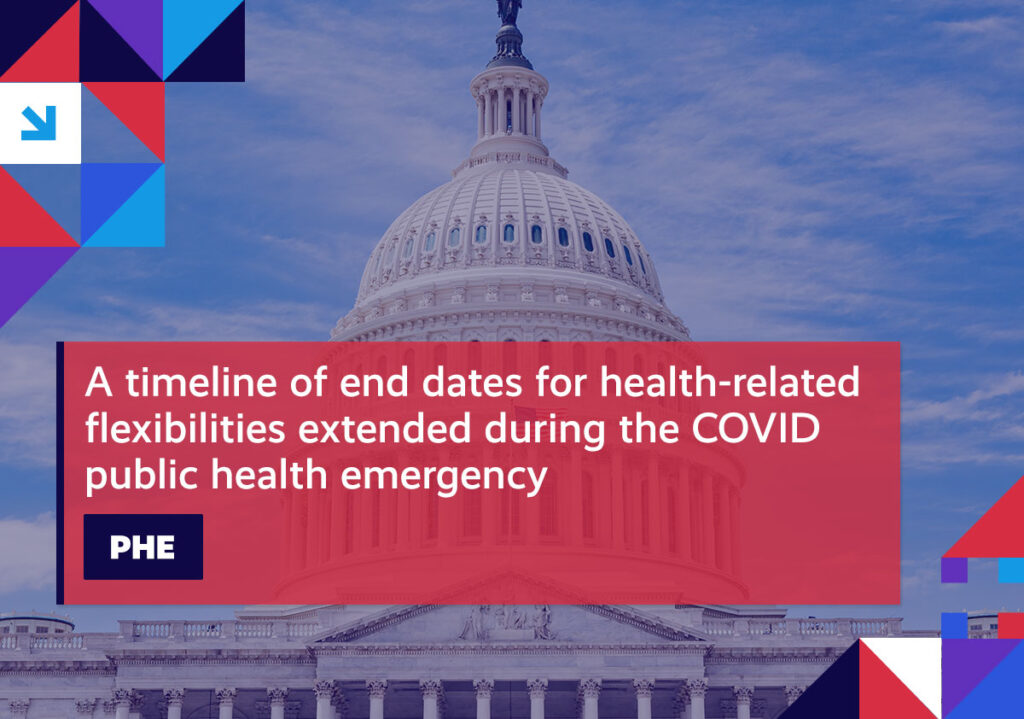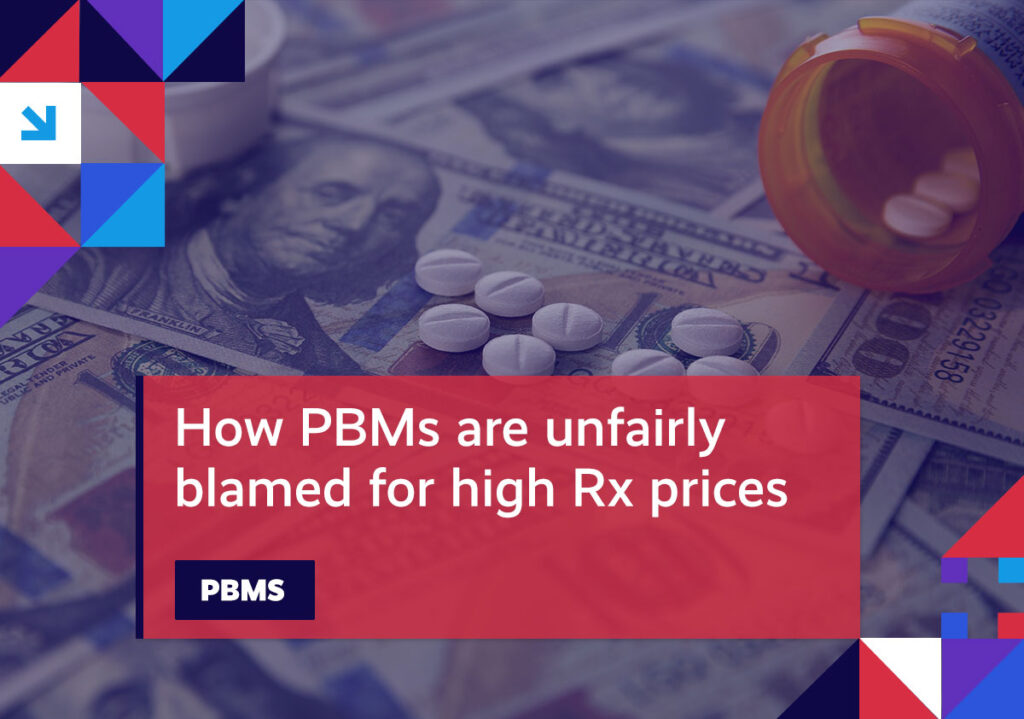A quick roundup of the issues driving the healthcare reform conversation.
Item of the Week

Spotlight
IMPROPER BILLING Therapists improperly billed Medicare hundreds of millions of dollars.
Quick takeaway: A government watchdog reports that health systems improperly billed Medicare for psychotherapy services.
Further context: A new audit performed by the Department of Health & Human Services’ (HHS) Inspector General (IG), discovered that $580 million of the $1 billion Medicare paid for these services from March 2020 through February 2021 were billed improperly.
The analysis comes at a particularly sensitive moment in the evolving hospital billing policy conversation, especially at a time when roughly 30 percent of all healthcare spending is considered waste, inflation is at a 41-year high, and the Medicare Hospital Insurance (HI) Trust Fund is on the brink of insolvency.
What it means: With Congress setting its sights on hospitals’ dishonest billing practices, this new report shines a light on the impact that improper provider billing is having on taxpayers, the government, and our healthcare system.
Rx OUTCOMES The majority of health plans are now utilizing prescription drug contracts focused on value.
Quick takeaway: 58 percent of payers used an outcomes-based contract last year, with most preferring arrangements with both claims-based and clinical outcomes.
Digging deeper: According to the survey, 10 percent of plans had as many as five outcomes-based contracts in place in 2022, while 35 percent had ten or more such agreements.
What it means: Outcomes-based contracts between health plans and pharmacy benefit managers (PBMs) tied prescription drug reimbursement to clinical quality or utilization outcomes. These arrangements continue to shift the healthcare industry away from fee-for-service models and toward value-based care.

PBM MARKETPLACE Updated data shows healthy competition amidst a robust PBM market.
Quick takeaway: Contrary to the narrative being spun by Big Pharma, the PBM market consists of dozens of companies and continues to attract new entrants every year.
Further context: According to the latest research, there are now 73 full-service pharmacy benefit companies. In fact, the PBM market has seen an 18 percent increase in new entrants since 2019.
What it means: Stakeholders point out that this growth reflects just how dynamic the PBM marketplace really is. Further, this competition not only spurs innovation, but encourages competitors to distinguish themselves through the choices they offer to their customers – employers, taxpayers, labor unions, governments, health plans, and patients.

HOSPITAL PRICES CMS toughens hospital price transparency enforcement.
Quick takeaway: The Centers for Medicare & Medicaid Services (CMS) announced last month that it would be strengthening enforcement of its hospital price transparency rules by imposing stricter timelines and levying fines more quickly.
Further context: Since the rules went into effect in January of 2021, compliance by hospitals has left a lot to be desired, with many health systems making the financial decision that paying the civil monetary penalties was preferable to publicly disclosing their prices. At one point last year, less than 20 percent of hospitals were found to be in compliance.
What it means: CMS is now eliminating the flexibilities originally intended to promote compliance with the rules. Under the new policy, hospitals will have 90-days to come into compliance after they agree to a Corrective Action Plan, at which point, CMS will automatically impose a penalty.
Spotlight

| You can keep up with the latest by following the Health Action Network on Twitter and by liking us on Facebook. And, be sure to check us out on LinkedIn, too. As always, let us know if there’s something you’d like to see covered in a future newsletter. |
The Health Action Network includes everyday Americans—families, workers, businesses, patients, providers, neighbors, and friends. We are working together because we support market-based solutions that offer better healthcare choices and help build a stronger economy. The Health Action Network is an Elevance Health, Inc., initiative.
